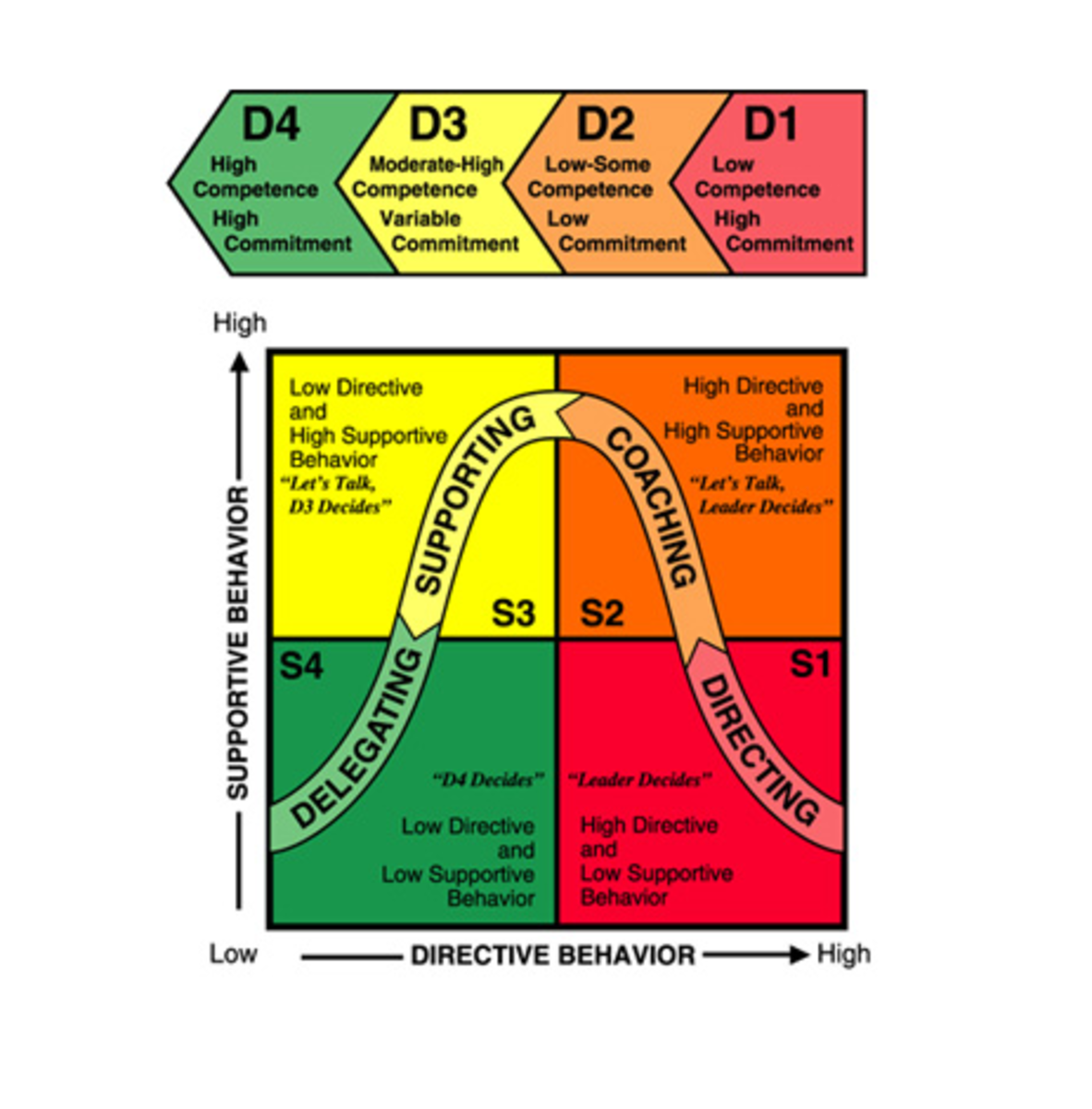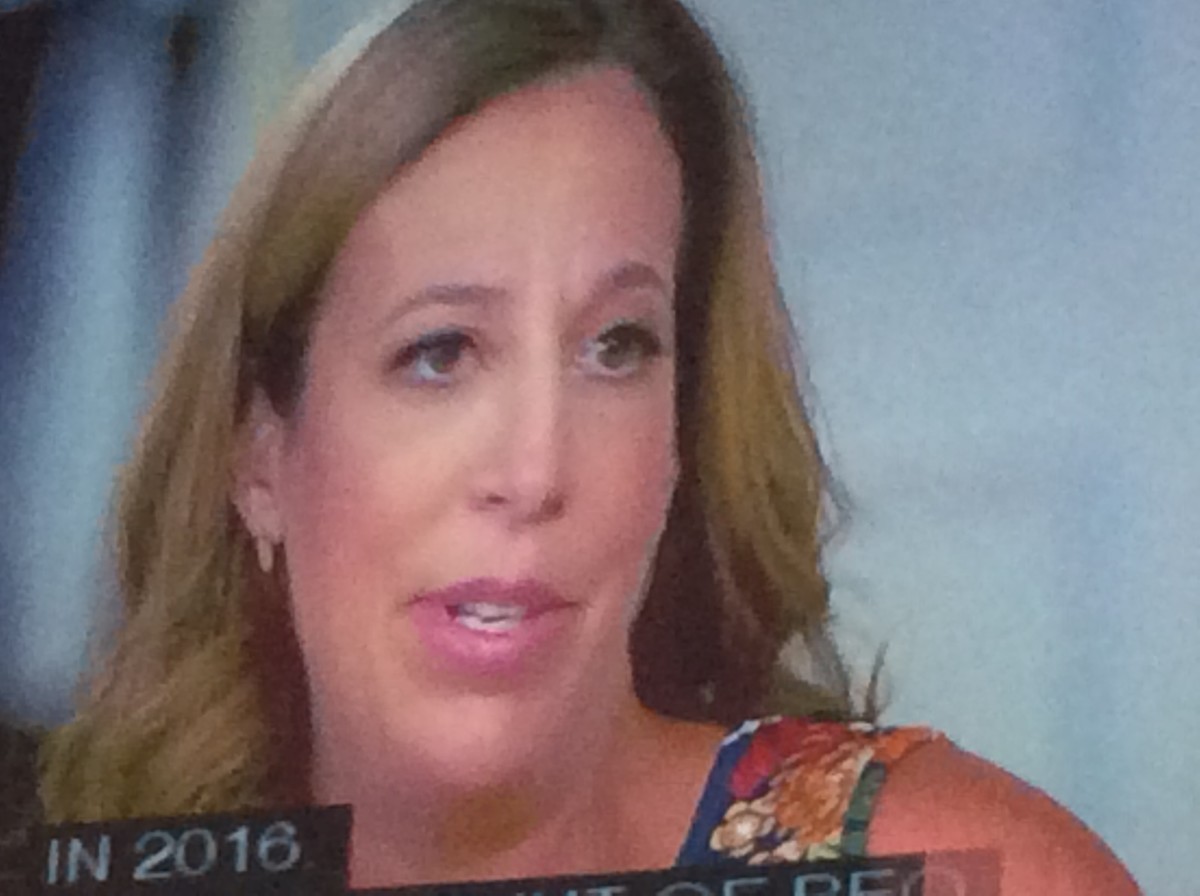The Threatened Art of Mentors
What is a Mentor?
Mentoring involves the influential presence of a role model's experience and knowledge in an up-and-coming individual’s professional development. That is meant to include every level or facet of their development — professionally, emotionally, mentally, and even sometimes physically. It includes teaching and coaching, but more importantly, the development of self-confidence, professional savvy, business wit, as well as exposure to the politics, good and bad, associated with a particular job or organization. It gives dimension to "showing someone the ropes."
'Mentor" used to be a common buzz word but is less often heard today though large corporations still hire trainees that need coaching and tenured managers or other experienced personnel must "mentor" or groom them for a particular function within an organization. It concerns me that the art of mentoring may be nearing its professional extinction. We frequently hear of the great mentors of philosophy, Socrates, Plato, Aristotle, etc. We even hear of the great political mentors of past presidents. But in the work place, we sometimes expect that a quality education and experience can replace mentoring and actually test new employees rather than help encourage their growth. At some point, we even stop encouraging growth and development in the workplace and just leave employees to their own motivations as an outgrowth of capitalism.

The Negative Effect of Technology on Mentoring
With technological transformations in our society we more commonly use automation for communication. Consequently, mentorship has suffered because technology reduces physical interaction and effective mentoring requires it. Without physical interaction a lot is left to one's imagination if not left out altogether. Automation eliminates body language, inflections in tone, and secrets that need to be whispered rather than shared in writing. Emails often get shared and turn a personal interaction into a group interaction.
Technology itself, adds a layer of frustration simply because it creates a barrier to physical interaction. There is no substitute for walking a new employee down the halls and introducing them to the staff. Likewise, there is no substitute for one-on-one interaction to address questions or concerns about how to best navigate areas of uncertainty or extreme politics in an organization.
Busy and highly automated lives now make it improbable that personal mentoring will take place and Covid19 certainly damages the prospect further. Successful mentorship, by design, should be a hands-on and personal process. It involves sharing information, teaching, coaching, and most importantly, it's an investment that requires time.
It is valid to surmise that stress, high turnover at all levels, and sharing of information via technology versus word of mouth, all contribute to the demise of mentoring. Moreover, today there are valid concerns about mentoring someone who could potentially do your job following a reduction-in-force. But perhaps this is the best time for a good, old fashioned revival to restore the integrity and personalization that American businesses once prided themselves in. It is time to re-prioritize our investments. The human pay-off is worth a great deal more in the long run than short-term dollars and cents. In fact, the long run profit is the kind that guarantees subsistence. Irrespective of your political leaning, at it's core, isn't that what "Make America Great Again" really means?
The Characteristics of a Mentor
Not everyone can be or should be a mentor. Some employees are simply new or on a curve. On the other extreme, some business leaders are simply to busy. The perfect mentor lies somewhere in between and frankly, doesn't usually aspire to be a mentor. Humility is a key factor because with it usually comes objectivity and the diplomacy required to effectively navigate company politics. However, it is imperative that mentors be artful about networking and building relationships crucial to the development of a profession and the organization itself.
In choosing a mentor for deciding if you want to be a mentor, consider a senior employee and one who has supervisory responsibilities. Choose someone who has built a rapport based on mutual respect and avoid seeking out employees whose rapport with firm management is built on mysterious grounds or nepotism.
Knowing whether you or someone else is qualified to be a mentor depends on several factors:
- Knowledge and Experience — This not only encompasses mastering a particular position, but insightful exposure to the intrinsics of an organization. Ask whether there has been consistent professionalism and competence? Is the potential mentor part of the problem or part of the solution? In other words, does the mentor know where to go for solutions or more likely to just complain? Complainers and whiners don't make good mentors, while solution oriented people tend to rise in the ranks.
- Diplomacy — Understanding the overall management structure of the firm or business is imperative, but moreover, the faces behind that structure need to be understood. Is the potential mentor familiar with political versus administrative protocols? In every organization there are problem personnel that create road blocks to success. People and their personalities get in the way and for whatever reason, the organization hasn't chose to deal with it or allows it to linger. Knowing how to navigate troubled waters is an essential element of mentoring.
- Communication Skills — It should go without saying that the ability to effectively communicate translates to the effective receipt of information. Does the mentor have well-honed presentation skills, written and verbal? Is he/she more effective at personal presentation or better behind the scenes writing articles and the like. Being a company salesman doesn't necessarily equip one for mentoring but the genuine desire to sell their company does.
- Likeability and Genuineness — Sadly, some of the best possible mentors are really only interested in their personal success and therefore get labeled as selfish. If someone can't find time for others, they will not make a good mentor. Mentors typically find that they are naturally sought out for advice and instruction. Sometimes they even get behind in their own work because of a natural willingness to see or help others succeed.
- Confidant — There are many embarrassing moments in the life of new recruit because there is a lot to learn. An effective mentor has your back and will not throw you under the bus. Long term success is the only thing on a mentor's mind and consequently, most bloops and missteps aren't intended for sharing. They're part of growth.

Ways for Mentors to Acheive Success
Building Professional Competence
A mentor must be willing to provide key data to the 'mentee' which will assist in building professional skills. That is, share professional articles and information and/or recommend effective methods of handling projects. In other words, don't lock your file cabinet but maintain an open door policy. A mentor shares information rather than hoards it and will recommend other sources of expertise if necessary.
A good mentor knows how to avoid getting drawn into interpersonal conflict, but can instead render objective, professional advice which serves conflict resolution. For instance, a mentor may give an examples of how he/she handled a similar conflict or recommend an online source for guidance, but will never assume a position on the battle ground to prove him or herself. Ways of accomplishing this may be, without breaching confidentiality of course, allow the mentee to see how you handle professional tasks; allow the mentee to hear you firsthand on the phone or dictating a letter; blind copy your mentee on correspondence which will help develop his/her skills.
Developing Political Sensitivities
A good mentor will tip the mentee off about strong relational ties within a firm, as well as valuable significant exterior or client relationships. An effective mentor will objectively reveal the management structure from the top down and the ensuing chain of command without castrating any particular member of the team and further advise the mentee about the best way to get something done in the firm or the best way to initiate change.
Building Self-Esteem
Building confidence by compliment versus criticism is a mentor's best asset. Necessary criticisms should take the form of shared articles or variations on methodology and NEVER personal attacks. The mentor wants to exude confidence, but not at the risk of being overbearing because confidence is often contagious. Dominant behavior runs counter to confidence in building professional skill levels. A mentor should always offer congratulations for even minor achievements and subtle acts like mentioning hanging a degree on the wall go a long way. A good mentor inquires about recent activities and appears genuinely interested.
Cultivating Individual Expression
The goal of mentoring isn't to create a clone. A mentor will encourage individual expression, ideas and suggestions. All ideas can't be accepted so reinforcement may be necessary when something is shot down. Part of encouraging individualism is letting the mentee choose his/her own professional and civic organizations. There are many valuable mentors outside the firm or organization so encourage your mentee to join local professional organizations and get involved (run for office or chair a committee).
Remember When?
We all remember our first day on a new job! Who do you remember with the most admiration and respect? Who did you seek out for advice or assistance? The answers give you clues. It was those who were cordial, showed a sincere interest in you and welcoming you, and those who exemplified a sound degree of professionalism.
Cordiality, sincerity and professionalism are simple prerequisites for any employee to succeed but if a mentor cannot maintain a genuine spirit of care, it is best to refuse or resign the role. Fostering professional development takes time and energy, but it also takes desire. Don’t do a deserving employee the injustice of mentoring him or her with a resentful or a reluctant attitude. It will only undermine the entire premise, lower their confidence level, and ultimately create distrust — all of which causes both the individual and organization potentially irreparable harm.

- Getting the Most Out of Your Legal Assistants
An article about cultivating skills and abilities in legal assistants or paralegals.
- Respect Between Lawyers and Their Legal Assistants
An article about how to generate respect between bosses and staff support in a law firm.








